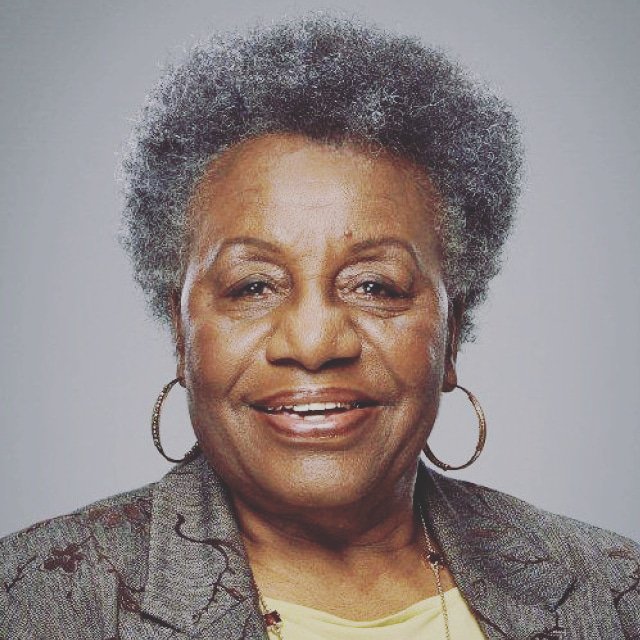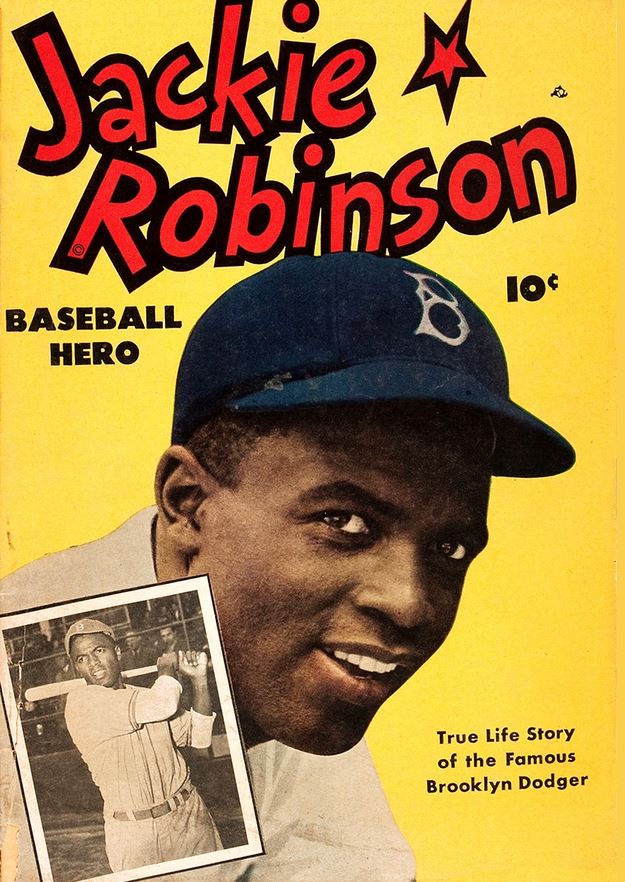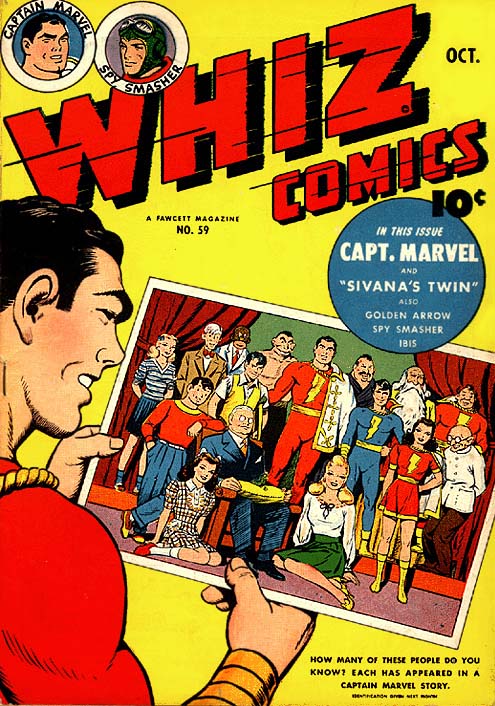Here's the truth: without the Civil Rights movement, South Asian America as we know it might not exist.

en.wikipedia.org/wiki/Immigrati…
en.wikipedia.org/wiki/Luce%E2%8…
en.wikipedia.org/wiki/Immigrati…
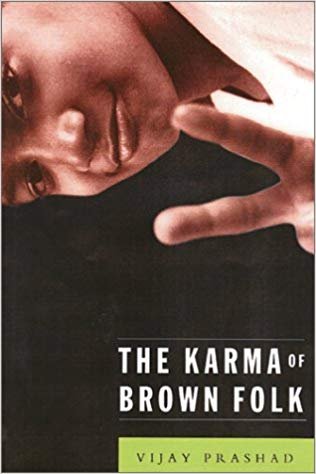
BlackDesiSecretHistory.org is a start, but here are 4 books I recommend:
Vijay Prashad's The Karma of Brown Folk
Gerald Horne's The End of Empires
Nico Slate's Colored Cosmopolitanism
Sudarshan Kapur's Raising Up a Prophet
There's DuBois' commentary on Tagore's 1929 "A message to the American Negro from Rabindranath Tagore," published in The Crisis.
credo.library.umass.edu/view/pageturn/…
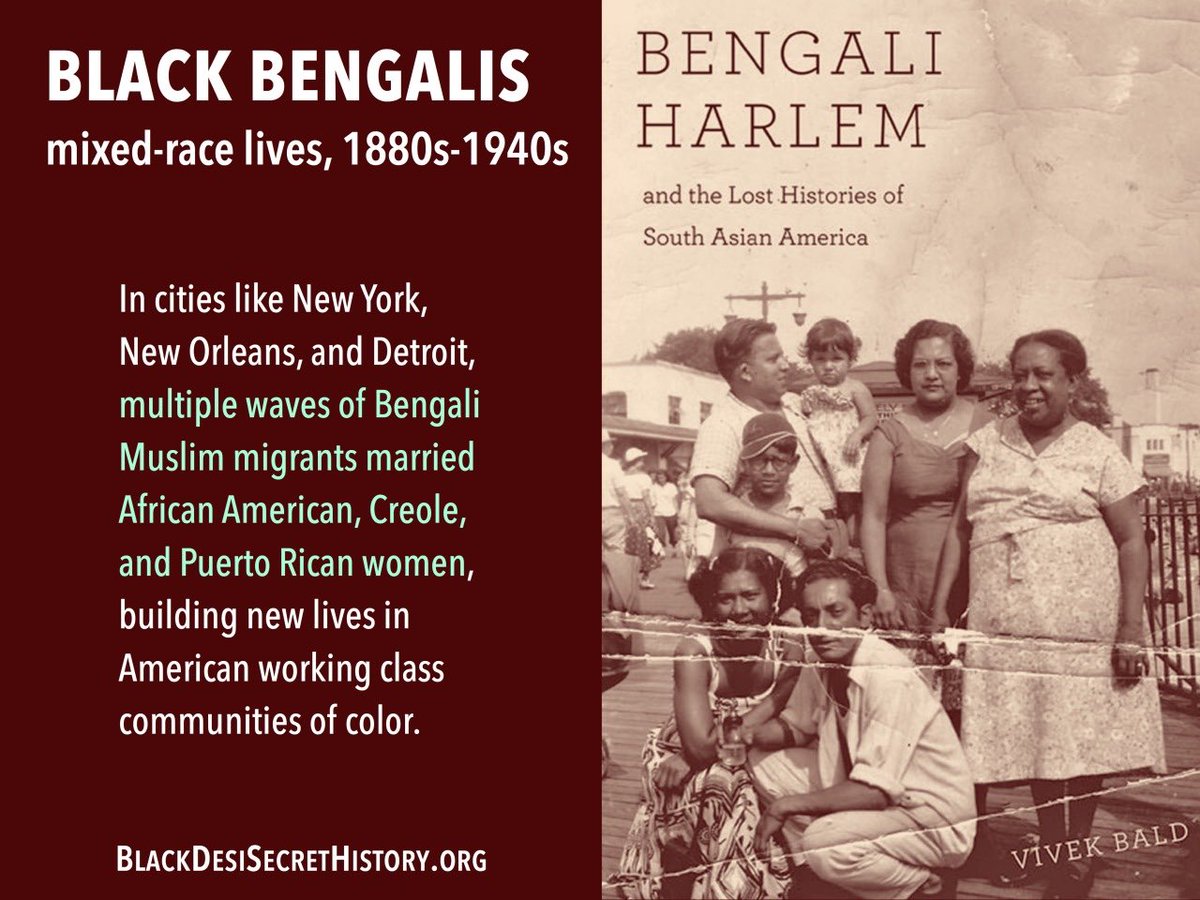
I've repeatedly turned to @sashawtweets' work, which calls in our people with love & empathy: tospeakasong.com/2014/12/19/the…
And the Queer South Asian Nat'l Network shares this 🙌🏽 curriculum: queersouthasian.wordpress.com/2014/12/19/it-…
Bengali: lettersforblacklives.com/1bc0dfd460e2
English: lettersforblacklives.com/letters-for-bl…
Hindi: lettersforblacklives.com/9c8c221aa3b2
Nepali:
lettersforblacklives.com/simple-nepali-…
Tamil: lettersforblacklives.com/1bd896a02fe6
Telugu: lettersforblacklives.com/cea3cb627acc
Urdu: lettersforblacklives.com/9c7edc7baeb3




